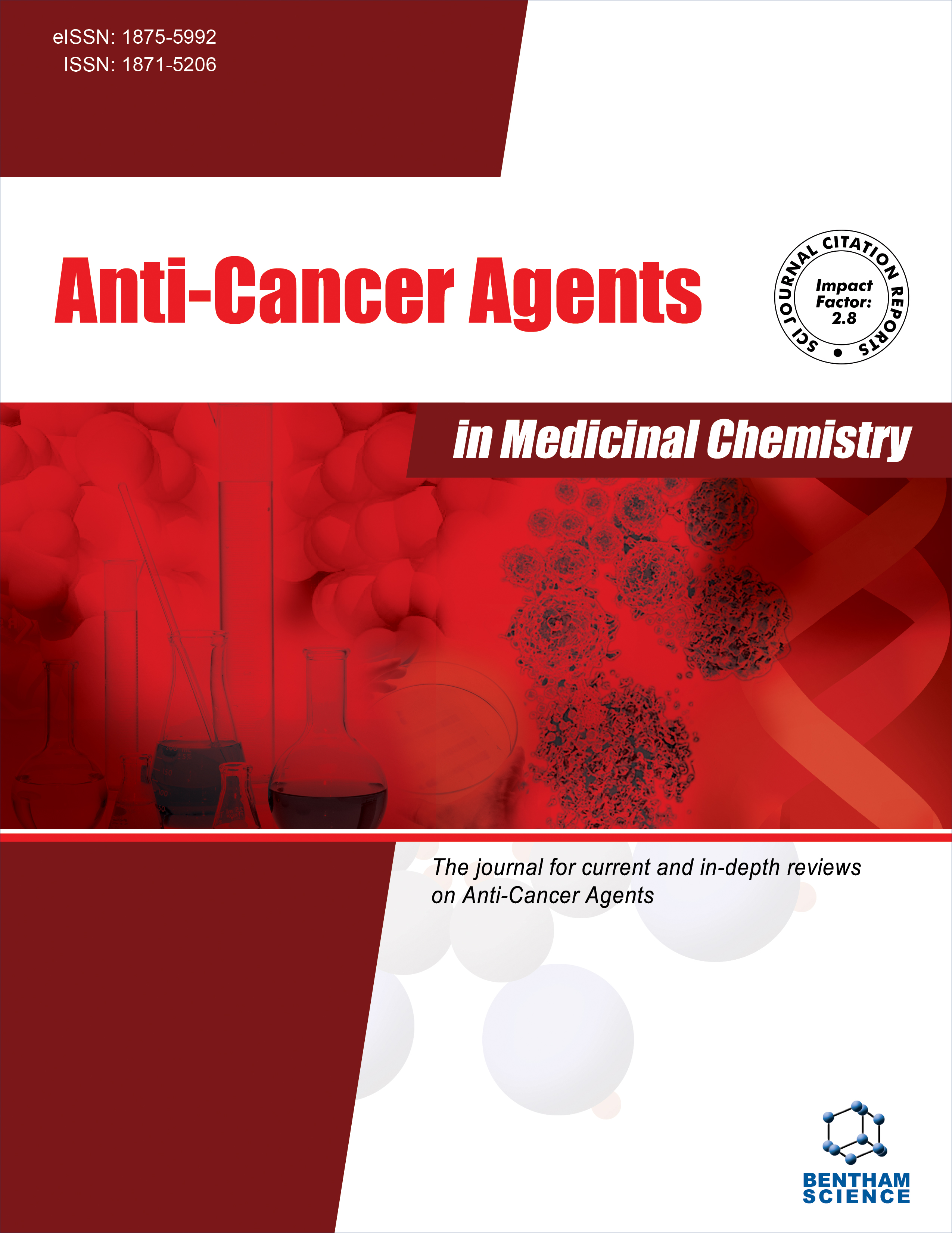
Full text loading...
This study aimed to develop an effective model that identifies high-risk breast cancer (BRCA) patients and optimizes clinical treatments.
This study includes five public datasets, TCGA-BRCA as the training dataset and other cohorts as the validation datasets. Machine learning algorithms for finding key tumor-associated immune gene pairs (TAIGPs). These TAIGPs were used to construct tumor-associated immune gene pair index (TAIGPI) by multivariate analysis and further validated on the validation datasets. In addition, the differences in clinical prognosis, biological characteristics, and treatment benefits between high and low TAIGPI groups were further analyzed.
The TAIGPI was established by 36 TAIGPs. Better clinical outcomes in the low TAIGPI patients, with consistent results, were also obtained in the validation datasets. The study showed that patients in the low TAIGPI group had a high infiltration of immune cells and low proliferative activity of tumor cells. In contrast, patients in the high TAIGPI group exhibited low infiltration of immune cells and high proliferative activity of tumor cells. In addition, patients in the low TAIGPI group are more likely to benefit from chemotherapy, adjuvant chemotherapy, or immunotherapy.
The TAIGPI can be an effective predictive strategy for the clinical prognosis of breast cancer patients, providing new insights into personalized treatment options for breast cancer patients.

Article metrics loading...

Full text loading...
References


Data & Media loading...
Supplements

